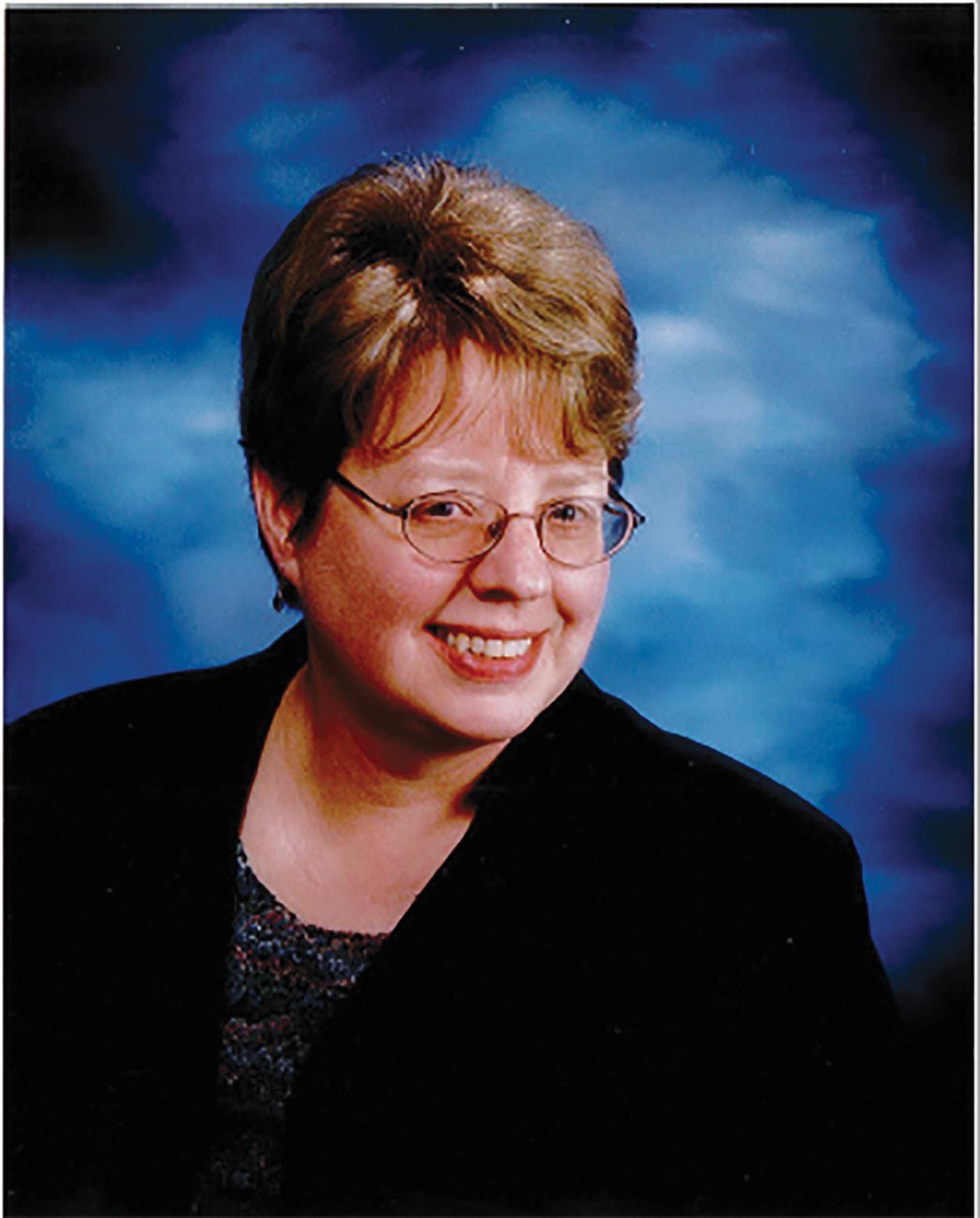How Can Innovation and Opportunity Guide a Career in Nursing Research?
“Nursing is at the forefront of symptom management, and nurse-designed interventions lead the way,” Gwen Wyatt, RN, PhD, FAAN, FAPOS, recipient of the 2020 ONS Distinguished Nurse Researcher Award, said in a session at the inaugural ONS BridgeTM virtual conference in September 2020. She shared lessons from her career journey and told nurses that ONS can help them get their ideas “off the drawing board.”

Wyatt, a professor in the College of Nursing at Michigan State University in East Lansing, said that nurse scientists must strive to advance not only their own success but also that of their colleagues and students. She encouraged nurses interested in research to focus on needs in nursing practice, then to “use the most innovative thinking possible to generate science.”
Wyatt’s creative thinking was first inspired by nurse researcher and theorist Martha Rogers’ Science of Unitary Human Beings. Early in her career, Wyatt taught therapeutic touch (TT) with the long-term goal of establishing a menu of safe and effective complementary therapies to improve quality of life (QOL) for patients cancer.
However, she was unable to find funding to establish a scientific basis for the use of TT. “I found it was necessary to refocus my research for the time being,” she said, “still keeping my passion for complementary therapies in the background.”
She secured internal funding to conduct focus groups with long-term breast cancer survivors, a group that was not well-
researched at the time. Later, with money from the Oncology Nursing Foundation (see page 19), she conducted additional assessments to address the needs she had uncovered during the survivor focus groups.
As her career progressed, Wyatt said that she adjusted her conceptual model, narrowing Rogers’ grand theory and focusing more on practicality—symptoms and functioning. She created and validated a long-term QOL measure, which has since been translated into several languages.
When she learned that the U.S. Department of Defense was offering funding for research into same-day discharge after surgery for breast cancer, Wyatt was awarded her first national gran to develop a nurse-designed, home-based intervention for that population. “At the time, this was huge change in the standard of care,” she said.
Just as Wyatt was completing that work, a turning point occurred that led her back to her original passion: Colleagues received funding to research complementary therapies. The team tested and published studies on reflexology, guided imagery, and reminiscence therapy, establishing serious investigation into complementary therapies.
Following that study, Wyatt successfully applied for National Cancer Institute (NCI) funding. She combined her past work with bereaved caregivers with her interest in QOL in breast cancer, then added the reflexology intervention. Her placebo-
controlled study established that reflexology was safe and effective in terms of symptom management and physical function.
“All the time I was investigating more traditional and fundable areas of interest, I was finally able to combine my work in the direction I had always hoped go,” she said.
Wyatt continues research built on her previous studies and her growing network of collaborators:
- Using saw palmetto in men receiving radiation therapy to reduce lower urinary tract symptoms
- Training family caregivers to perform reflexology at home for symptom relief, rather than depending on trained reflexologists
- Comparing PROMIS (Patient-Reported Outcomes Measurement Information System) with legacy measures
- Using multiple randomizations to more closely tailor caregiver-delivered reflexology and meditative interventions to particular groups of patients to improve QOL
Professional development and progression don’t happen in a vacuum, and Wyatt acknowledged that she relied on many nurse researchers and leaders throughout the years: “Finally, thank you to all the nursing giants who have gone before me, whose literature has guided me and presentations have directed my thinking.”
